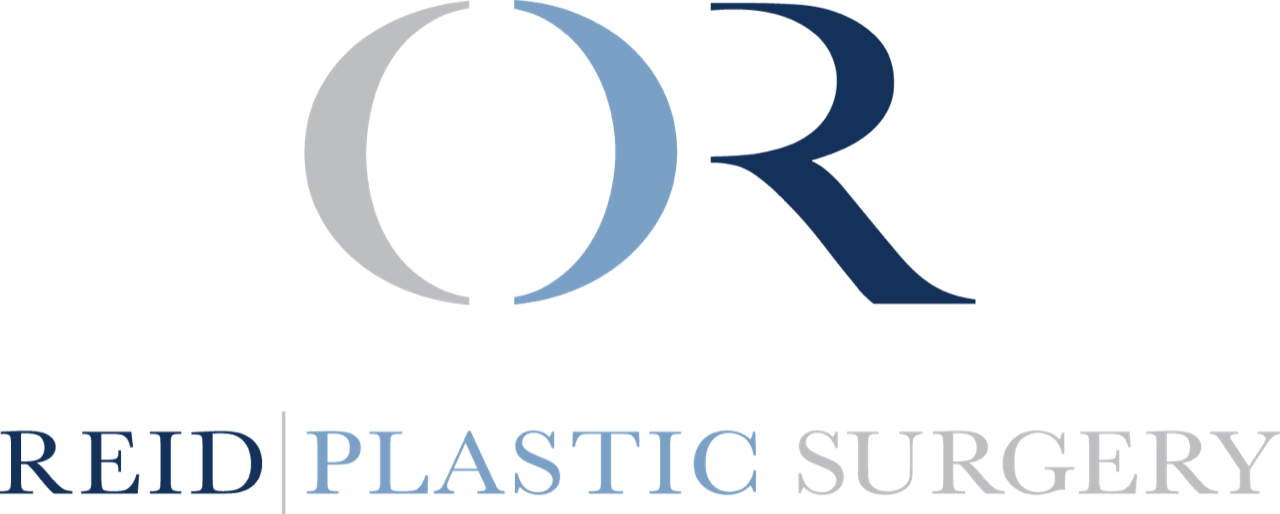When Can You Resume Exercise After a Tummy Tuck?
When should you start exercising after a tummy tuck? Our Vancouver area practice knows this probably is going to be one of the main questions on your mind if you are having this procedure. A tummy tuck is performed to sculpt the midsection for a flatter, smaller appearance for patients who want to reduce excess skin and fat, or repair weakened muscles. After you have had a tummy tuck, also known as an abdominoplasty, it's crucial to allow your body sufficient time to heal before engaging in any strenuous exercise. The recovery period post-tummy tuck is essential for achieving optimal results and avoiding potential complications. Here’s what you should know about how to safely resume physical activity after this treatment.
On the day you undergo surgery, you will need to walk a little to encourage blood circulation and healing, but you shouldn’t do this alone as your balance and strength could be affected by post-operative discomfort or the effects of the anesthesia. Light cardio such as walking is encouraged after surgery, but it will be difficult for you to bend, reach, or stand for long periods of time when you are home, so it will help to have a friend or loved one around during the first few days to assist you with everyday tasks.
During this phase, light activities such as short walks are encouraged to promote blood circulation and prevent the formation of blood clots. However, engaging in more intense workouts, such as weightlifting, cardio exercises, or core-focused routines, should be avoided to prevent strain on the healing muscles and incisions. Avoid lifting heavy objects or squatting for several weeks. If you resume exercise too quickly after a tummy tuck, complications such as poor wound healing and scarring could occur, or you may need follow-up surgery.
Now that you have a slimmer, more toned physique, you might be eager to return to exercise but depending on the extent of your surgery, you may need to wait for anywhere from four to ten weeks. Although there are no standard rules on how to exercise after abdominoplasty, it’s generally best to avoid exercises that stress the stomach muscles when the tissues are still healing. It’s also best to start slowly to build strength and progress gradually. Avoid certain exercises like planks, lunges, squats, pull-ups, and lifting exercises until you’ve healed.
Want more advice on when to resume exercise after a tummy tuck? Contact Vancouver area’s Dr. Owen Reid for more details. Call us at 604-343-9309 or submit a contact form to request a consultation.
What Are the Benefits of a Drainless Tummy Tuck?
Are drainless tummy tucks better? Vancouver area patients who visit our office are often curious about this. The midsection can be a problem area for many people. Due to genetics, hormones or their natural body fat distribution, some people have the tendency to carry more weight on the belly area and even after losing weight, they may not be able to make this area look as toned as they want it to. Aging, weight fluctuations and pregnancy can leave you with sagging skin on the belly area that’s uncomfortable and negatively affects your quality of life. Another concern that some patients have is separated stomach muscles or diastasis recti because of pregnancy, improper exercise techniques or other causes. Tummy tucks, also known as abdominoplasties, are a form of cosmetic surgery that improve the appearance of the abdominal area. They can involve the tightening or removal of sagging skin, reduction of fat, and repairing of separated sit-up muscles to restore a tighter, flatter, and smaller stomach.
There are various techniques used in tummy tucks. As of 2020, our practice uses quilting sutures, instead of drains, in all tummy tuck surgeries. Our drainless tummy tuck technique provides optimized results and the shortest, easiest recovery. Here’s what you should know about how drainless tummy tucks work and what the benefits of this technique are.
Traditionally, tummy tuck patients needed to have drains for several days following the procedure to prevent fluid accumulation, but many patients considered this to be an uncomfortable and inconvenient aspect of the surgery. Additionally, when post-operative drains are used, there’s a higher risk of scarring and infection. Luckily, as techniques have become more advanced, there are new options available for patients. A drainless tummy tuck is performed with a technique that gets rid of the need for post-surgical drains. Dr. Reid starts by using liposuction to reduce stubborn abdominal fat so that less surgical intervention is needed to sculpt your midsection area. He then will address the skin and muscle tissue. A layered suturing technique is used to allow your recovery process to be drain-free. The recovery process for a drainless tummy tuck is generally smoother and less complicated compared to a traditional tummy tuck procedure and scars typically heal better.
Are drainless tummy tucks better? Our Vancouver-based office of Dr. Owen Reid can explain more. Call 604-343-9309 or submit a contact form to request a consultation.
Who is an Ideal Tummy Tuck Candidate?
It can be frustrating when your body always seems to be fuller around the midsection, no matter how many workouts you put in. The belly area is one of the most challenging areas for many patients to tone up. Worse still, the sagging skin and fat can get in the way of your daily activities, making it difficult for you to exercise or find clothes that fit well. Even if they're slim, hormones, genetics, weight fluctuations, their natural body type, or the effects of pregnancy can leave some patients with some unwanted fat and skin - and even protruding stomach muscles. Patients who are bothered by these concerns could benefit from a tummy tuck from the Vancouver area cosmetic practice of Dr. Owen Reid.
This surgery creates a dramatic improvement and leaves you with flatter, firmer stomach to make it easier for you to sculpt your abs. Here's what patients should consider if they're curious about whether they'd make a good candidate for a tummy tuck.
State of Health
Plastic surgeons prefer patients to be in excellent physical and mental health before having an operation. If you have serious health concerns that might make surgery unsafe for you, the plastic surgeon will not perform or may choose to delay the tummy tuck. The doctor will go over your medical history beforehand and you may have to do a physical test. Chronic health conditions like diabetes, heart disease, and high blood pressure, or mental health issues like depression make surgery riskier.
Lifestyle Factors
If you're a smoker this can delay the healing process or put you at risk of complications. Taking blood thinners in the weeks prior to surgery is also ill-advised.
Weight
A tummy tuck won't allow you to lose a significant amount of weight or improve your overall health, so it isn't a solution for overweight or obesity. In fact, doctors usually prefer to perform this surgery on patients who are already at a stable, ideal weight. Patients who have a high BMI (Body Mass Index) have a higher risk of complications.
If you're unhappy about the appearance of your stomach because of sagging skin or excess, resistant fat, contact Dr. Owen Reid by calling 604-343-9309 to request a consultation or fill out a contact form to learn more about what's involved before and after a tummy tuck in the Vancouver area.
The Importance of Protein Supplementation for MWL patients undergoing body contouring
"Based on this article, I would encourage all of my MWL patients to incorporate some protein supplementation in to their pre- and post-surgery diets."
Plastic Surgery for Men - our top 8 cosmetic procedures
- Male breast reduction surgery is covered in detail on a dedicated page and this is perhaps the most common reason for men to consult with Dr. Reid.
- Liposuction can be a powerful tool for re-shaping the torso and reducing stubborn fat deposits. Treatment of the abdominal and 'love-handle' areas are most common. Minimal scarring and downtime help to make liposuction a popular procedure.
- Men who choose to have a tummy tuck have often lost a significant amount of weight and this procedure is ideal for those who have loose skin in the abdominal area.
- Lose the double-chin. Check out our page on Belkyra, a minimally invasive injectable treatment to remove submental fat to create a more athletic looking neck line.
- For more challenging necks, a surgical neck lift with submental liposuction is powerful procedure that can restore, or create, a youthful looking neck.
- A chin augmentation strengthens the look of a 'weak' jaw and can dramatically change a guy's profile and their overall look. It's often a great complement to the neck treatments listed above. Minor augmentations can be achieved in the office with an injectable filler, while more dramatic results require placement of an implant.
- Women get Botox . . . . men get 'Brotox'. The product is the same, but the aesthetic goals are different. Botox should be considered by those men who have persistent creases and wrinkles affecting either the brow or forehead.
- Aging men with loose upper eyelid skin should consider a blepharoplasty. This relatively minor surgical procedure removes redundant skin and aims to restore a crisp upper eyelid fold while maintaining a masculine look.

